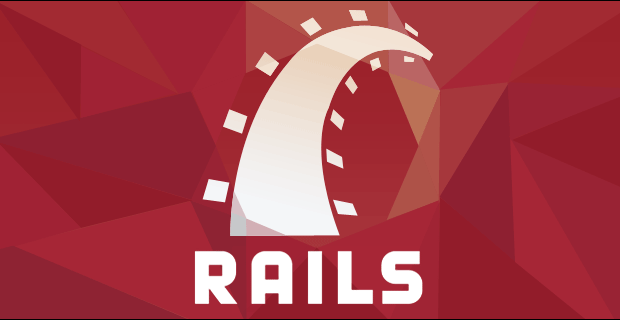5 Benefits of Ruby on Rails for Your Project
We, at Sloboda Studio do quite a lot of projects using Ruby on Rails framework. While relating with people with respect to that, common questions pop inn like why do you use Ruby on Rails? Or what are the advantages of Ruby on Rails? Or what are the benefits of using Ruby on Rails? What are the advantages and disadvantages of Ruby on Rails? In this cause of reading this article, you will find answers to the above-mentioned questions.
We shouldn’t go further to talk about the attributes of Ruby on Rails without defining or stating what is Ruby on Rails. Ruby on Rails is simply a web application framework that is written in Ruby language. Ruby is a programming language that has been in existence over 20 years ago and it ranks among the top 10 programming languages. Rails is a software library that extends the Ruby programming language as it provides a framework for building websites.
Benefits of Ruby on Rails
There is numerous benefit as to why we use Ruby on Rails. Here are five interesting points that will signify the benefits of using Ruby on Rails;
- Ruby on Rails has good test automation: Ruby community is big into testing and test automation. It has an option of integrated testing that tests your code in the process of coding. The need to use external plugins or any testing tools becomes futile and this saves you a lot of time and efforts.
- They have good libraries: Ruby on Rails generators, modules and gems happens to be the core benefits. It has a lot of valuable gems for any feature you intend to implement in your web application. This is the main reason why the application can be developed easily. In a situation where by the required gem is not available, it’s actually not a thing to be worried about as you can easily have an expert in the Ruby community that will develop it within the shortest period of time.
- It has over configuration paradigm as it helps to write less code in order to see the application running. The great thing about it is that you can develop your MVP running extremely fast, unlike another framework. You can easily check the feasibility of the project and in addition, you can easily fix some errors in the scope and direction of a web application in the development cycle.
- Rapid application development: Ruby on Rails framework accommodates changes easily which saves time and money. Ruby on Rails can easily cut down significant chunks out of your project as it is free and runs on a Linux which is an open source.
- It is stable and predictable: Ruby on Rails provides a good platform for refactoring of codes as one can easily modify or add new features to the application. In an instance when you developed your application and years after you chose to add some features and the team of developers or the freelancers are no longer available to perform this task. Ruby on Rails on the other-other hand follows coding conventions that make it simple to switch developers at any given point.
Advantages of Ruby on Rails
We have looked into the benefits of using Ruby on Rails. Here are advantages of using Ruby on Rails:
- Fast development process: It minimises the time on website development in about 30-40% due to the lean code base, modular design and ready to use plugin solutions.
- Easy to code, maintain and update: Ruby on Rails provides a platform that makes it easy to code and refactor an existing code, it also makes it easy to add new features and is the most effective framework for long-term projects due to its stability and predictability.
- Cost effective: Considering the whole development process and updates are pretty fast, business owners tend to pay less while developing their website and it’s upgrade.
- Suitable for all business industries: The flexibility of Ruby on Rails can easily fit any field of business irrespective of the form of the project either project management or a suite building platform.
Disadvantages of Ruby on Rails
- Runtime speed: The most common argument with respect to Ruby on Rails is that it’s slow when compared to the runtime speed of NodeJS or GoLang.
- Multithreading: This is when the request gets queued up behind the active request which can lead to performance issues. The knock-on effect of this is your application ends up consuming more compute resources than necessary. This can lead to increase in infrastructure costs.
- Documentation: It is often hard to find a good documentation particular for fewer gems and libraries which make heavy use of mixins. One could end up finding the test suite acts which serves as documentation which you have to rely on this to understand the behaviour. The test suite is not bad but it can still be frustrating having to dive into code which often times written documentation is much quicker.
- Boot speed: The top most frustration confess by developers working with Rails framework is the boot speed. With regard to the number of gems dependencies and files, it can take more time than the usual to start and it can affect the performance of the developer.
- ActiveRecord: This is used heavily in the world of Ruby on Rails. Though it is seen as an amazing design pattern, the biggest drawback we see the fact that your domain becomes tightly coupled to your persistence mechanism.
Now, with this few points that give you the benefits and downside of Ruby on Rails, one can agree with me the importance of Ruby on Rails for startups. Ruby on Rails has proven to be the best fit for startups and already grounded business. If you have some suggestion or critics, please drop it in the comment box.

















